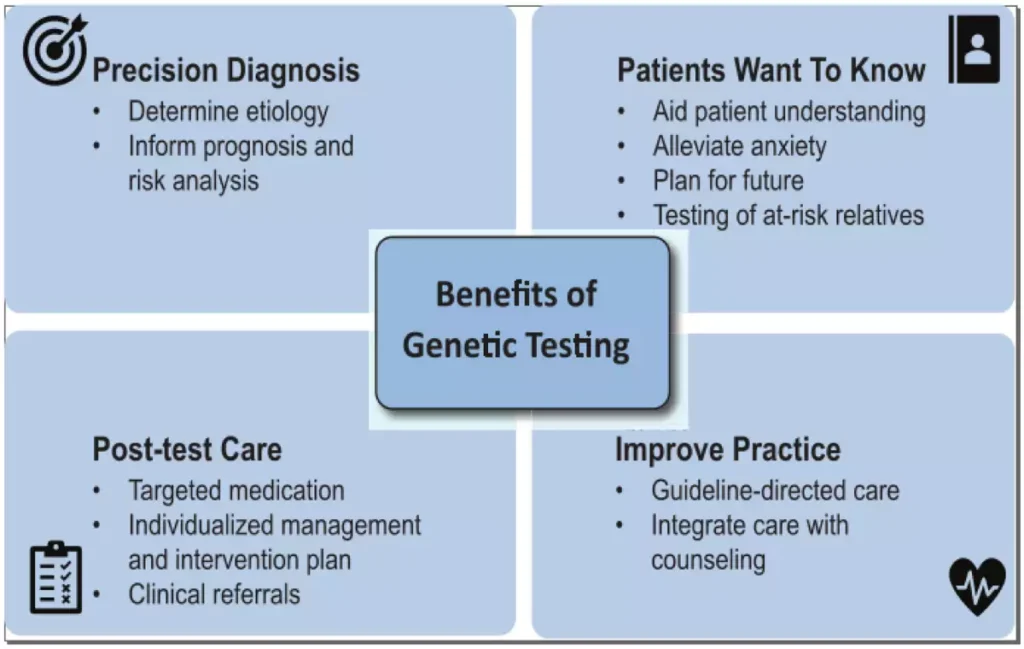The 2024 Paris Olympics have highlighted a growing trend among athletes—using genetic testing to optimize performance.
About Genetic Testing:
- Genetic testing examines DNA to identify genetic variants influencing traits such as athletic performance, health risks, and nutritional needs.
- Methods: Performed on samples like blood, hair, skin, or amniotic fluid.
Applications in Sports:
- Performance Optimization: Identifies genetic factors that enhance endurance and strength.
- Nutritional Guidance: Customizes diet plans by detecting allergies and nutrient absorption issues.
- Injury Prevention and Recovery: Reveals genetic risks for injuries and recovery times, enabling tailored care.
Concerns and Criticisms:
- Quality Control: Rising interest in direct-to-consumer genetic tests raises concerns about the accuracy and interpretation of results.
- Ethical Issues: Critics argue that genetic testing might misinform athletes and compromise the fairness of sports. There are concerns about potential discrimination based on genetic data.
- Predictive Limitations: While genetic factors influence performance, they are not sole predictors. Athletic success depends on a mix of genetic traits and other factors such as training, environment, and psychological aspects.

Ref: Source
| UPSC IAS Preparation Resources | |
| Current Affairs Analysis | Topperspedia |
| GS Shots | Simply Explained |
| Daily Flash Cards | Daily Quiz |
Frequently Asked Question:
What is genetic testing and how does it work?
Genetic testing examines DNA to identify genetic variants influencing traits such as athletic performance, health risks, and nutritional needs. It is typically performed on samples like blood, hair, skin, or amniotic fluid.
How can genetic testing be used in sports?
Genetic testing can be used in sports for performance optimization, nutritional guidance, and injury prevention and recovery. It helps identify genetic factors that enhance endurance and strength, customize diet plans, and reveal genetic risks for injuries.
What are some concerns and criticisms of genetic testing?
Some concerns and criticisms of genetic testing include issues related to quality control and ethical concerns. Rising interest in direct-to-consumer genetic tests raises questions about the accuracy and interpretation of results, while critics argue that genetic testing may misinform athletes and compromise fairness.
What are the benefits of using genetic testing in sports?
The benefits of using genetic testing in sports include the ability to customize training programs and diet plans based on individual genetic factors. It can also help athletes understand their genetic risks for injuries, enabling tailored care and optimized performance.
How can genetic testing help athletes improve performance?
Genetic testing can help athletes improve performance by identifying genetic factors that enhance endurance, strength, and recovery. By customizing training and nutrition plans based on their genetic profile, athletes can optimize their performance potential and reduce the risk of injury.



